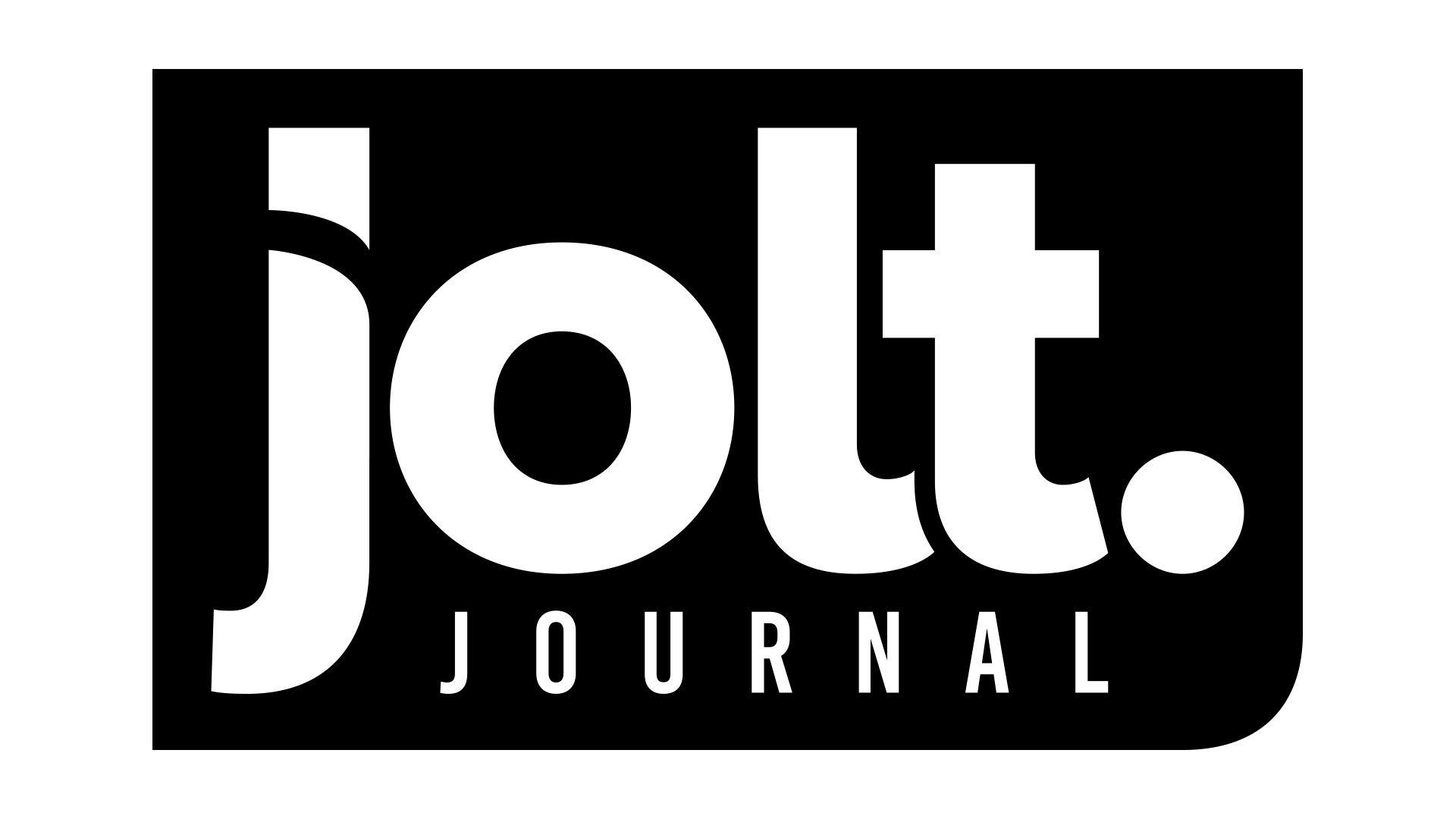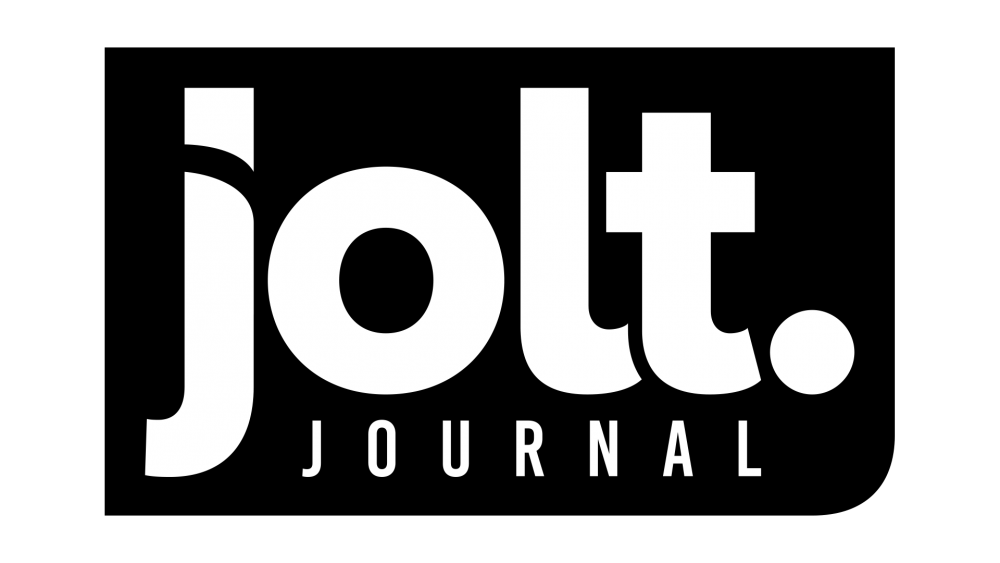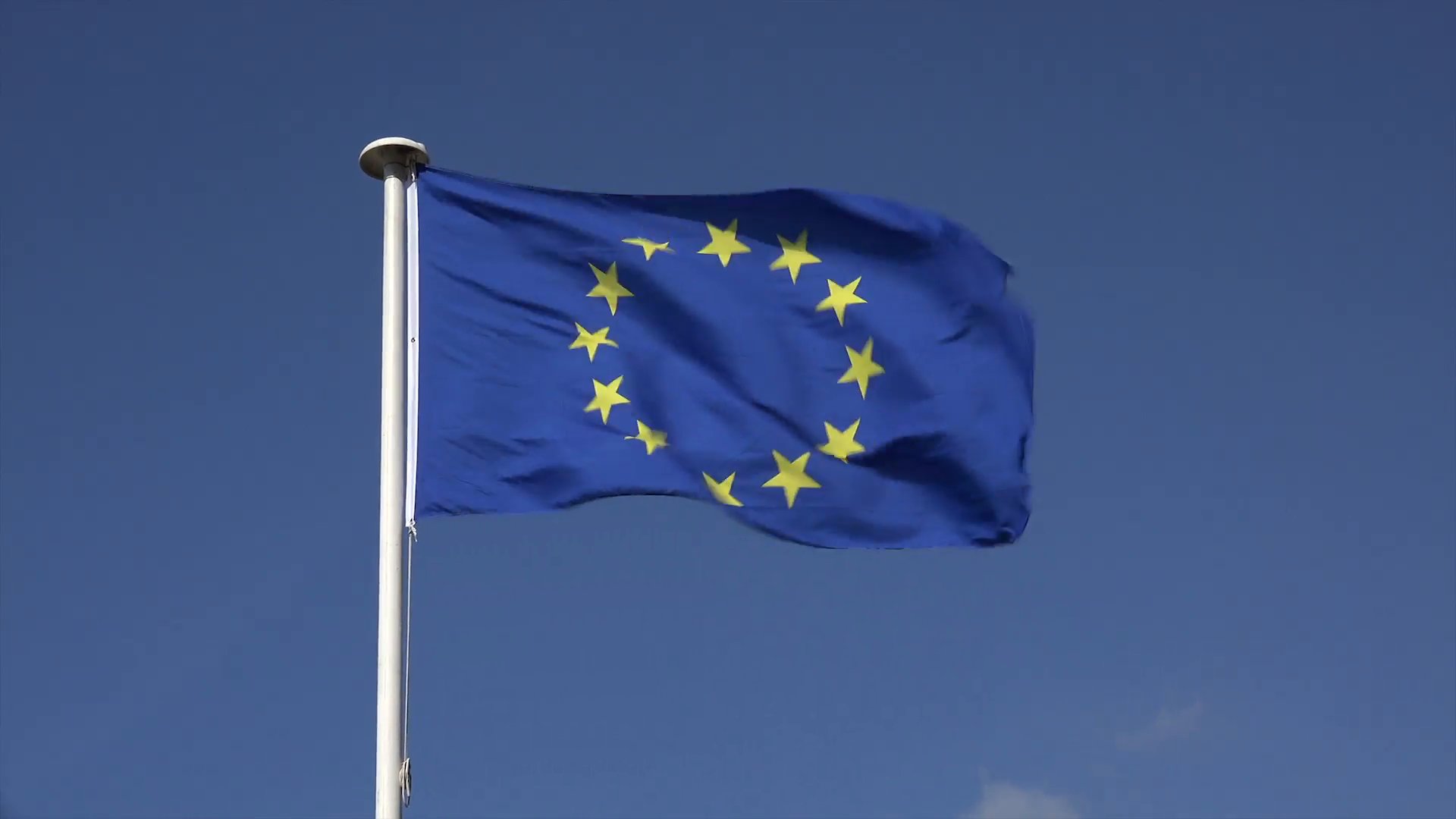Last month, the controversial copyright law passed the European Parliament, and now the law has passed through its final hurdle by receiving approval from member states. The new rules aim to bring old copyright regulations into the modern online age, and will hold internet platforms liable for content uploaded on their websites.
The Copyright Directive was passed by a total of 19 European Council member, including France and Germany, voting in favor. Italy, Luxembourg, Netherlands, Poland, Finland and Sweden voted against adopting the directive, and Belgium, Estonia and Slovenia abstained.
Now that the directive has passed, EU countries have 24 months to apply to their national legislations. In the new rules, platforms such as Facebook, Instagram and YouTube will be required to obtain licenses for copyrighted works from rights holders to host the content on their respective sites. Platforms will now be forced to police copyrighted material through tools like filters.
What Critics Say
There were many critics of the directive, including Google (unsurprisingly). The search engine giant feared that takedown requests would turn the web into a ghost town. Other internet campaigners have warned that because of this directive and resulting censorship would





